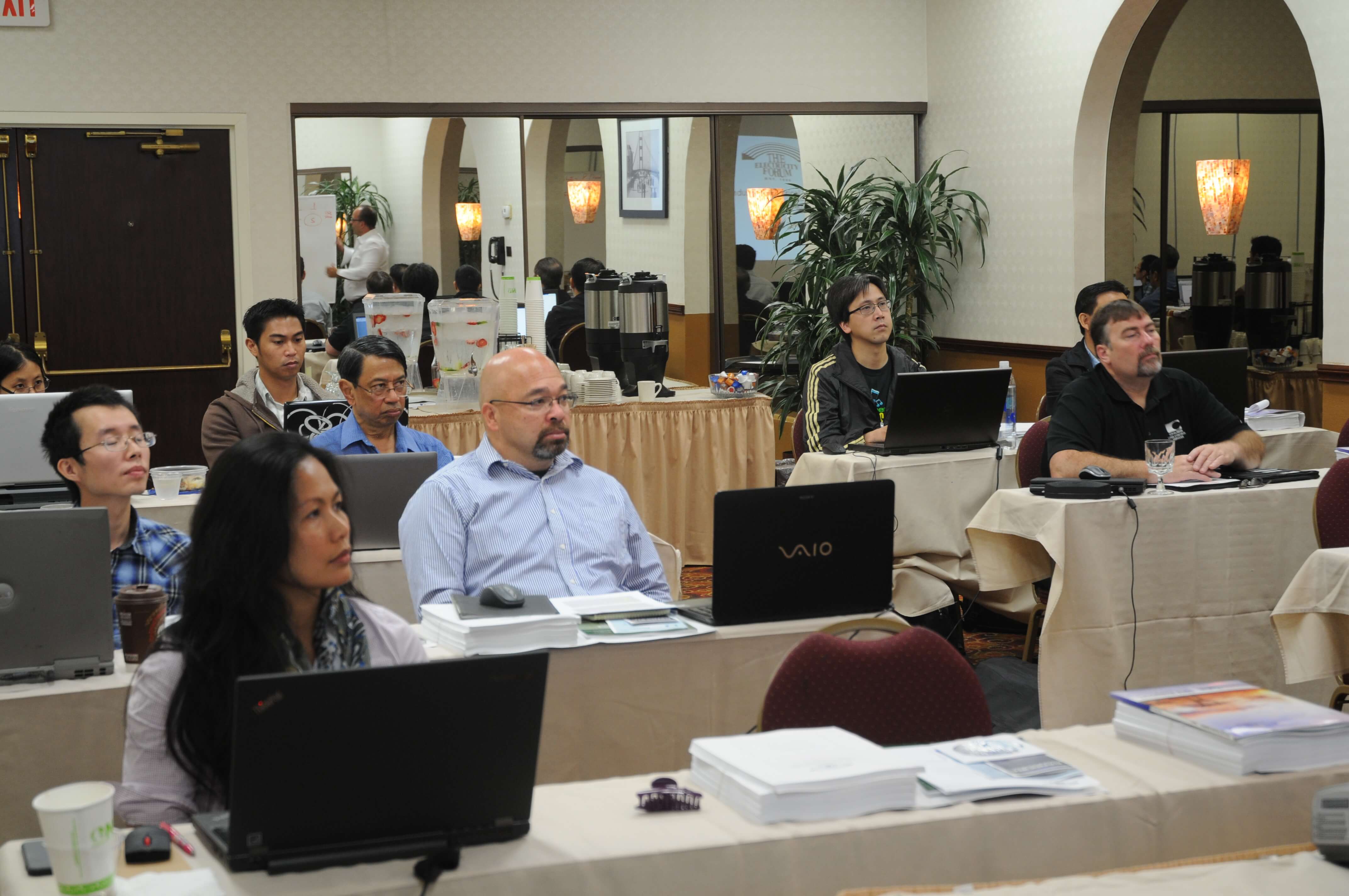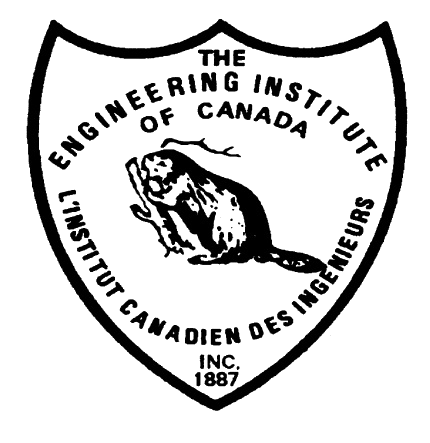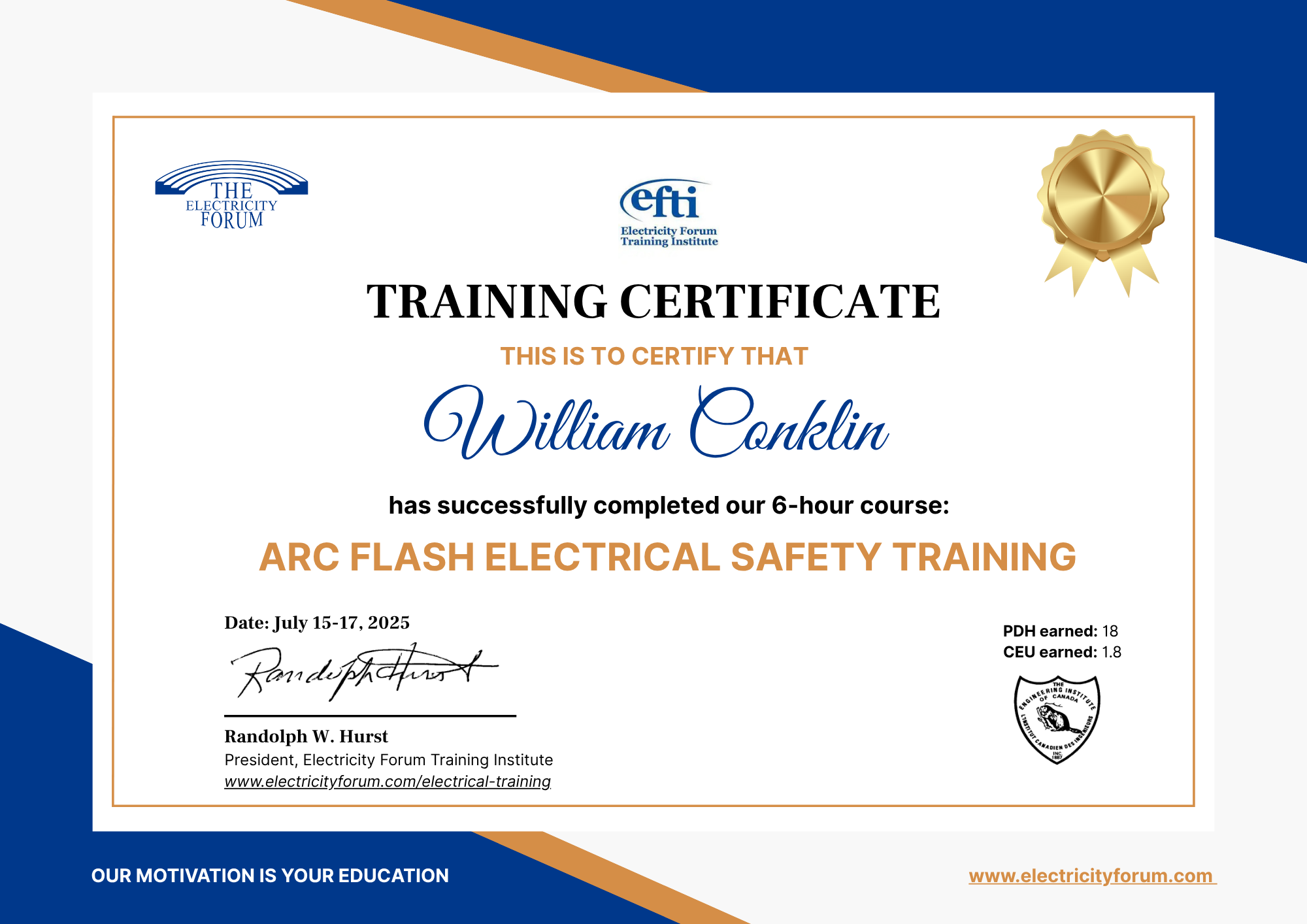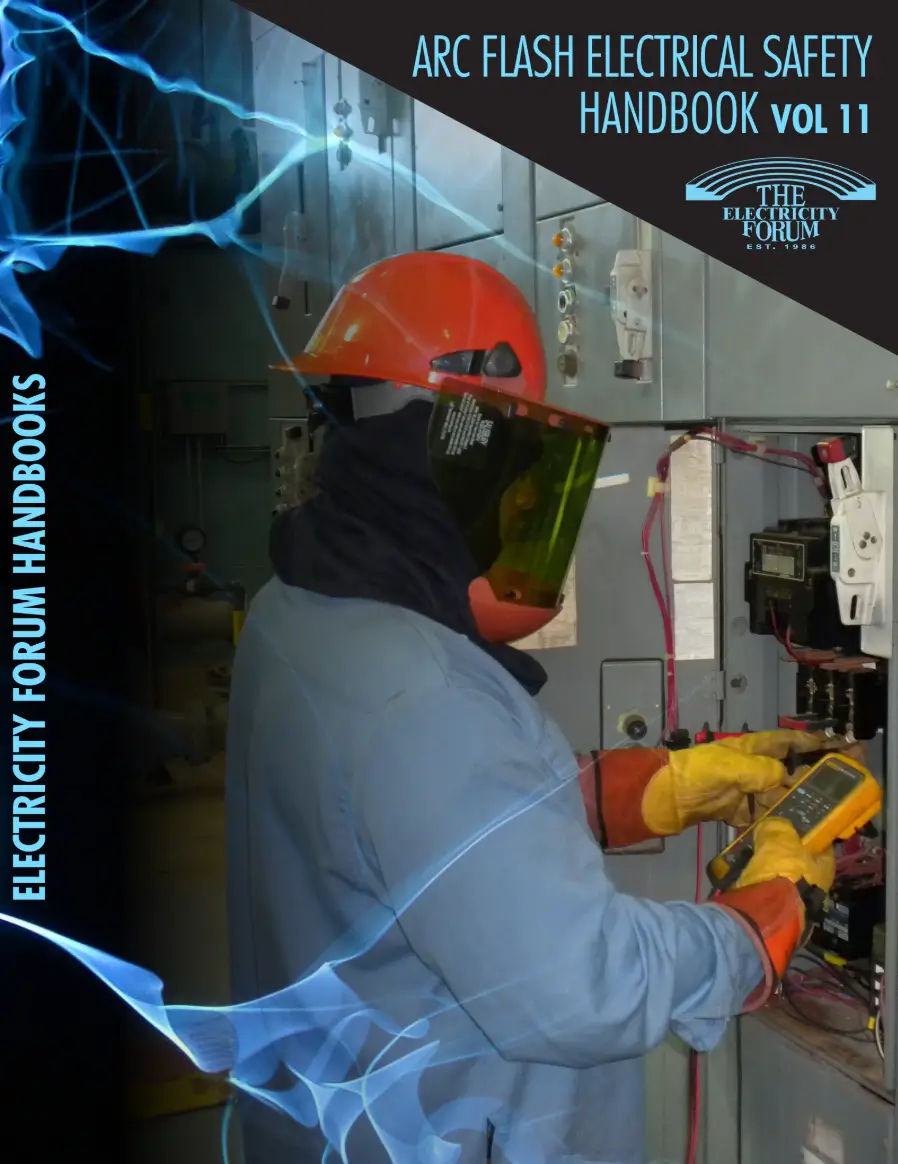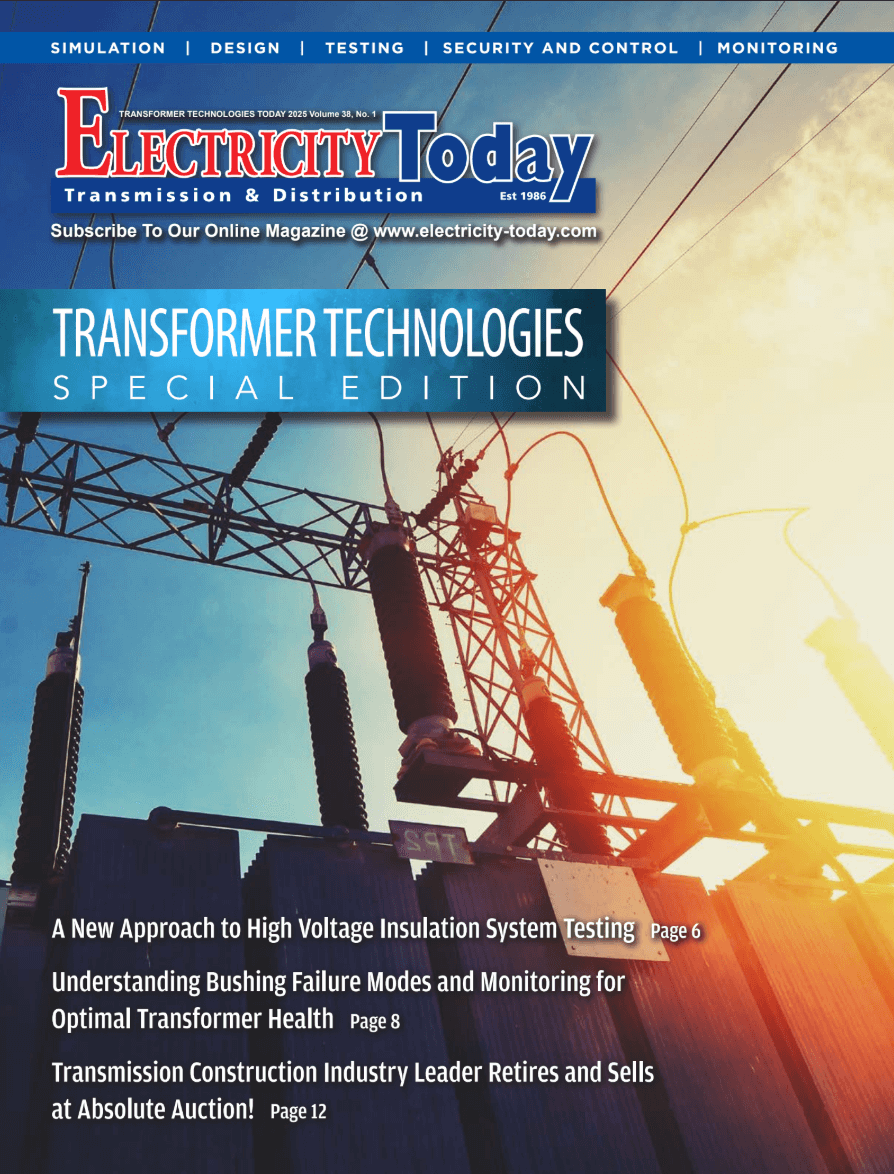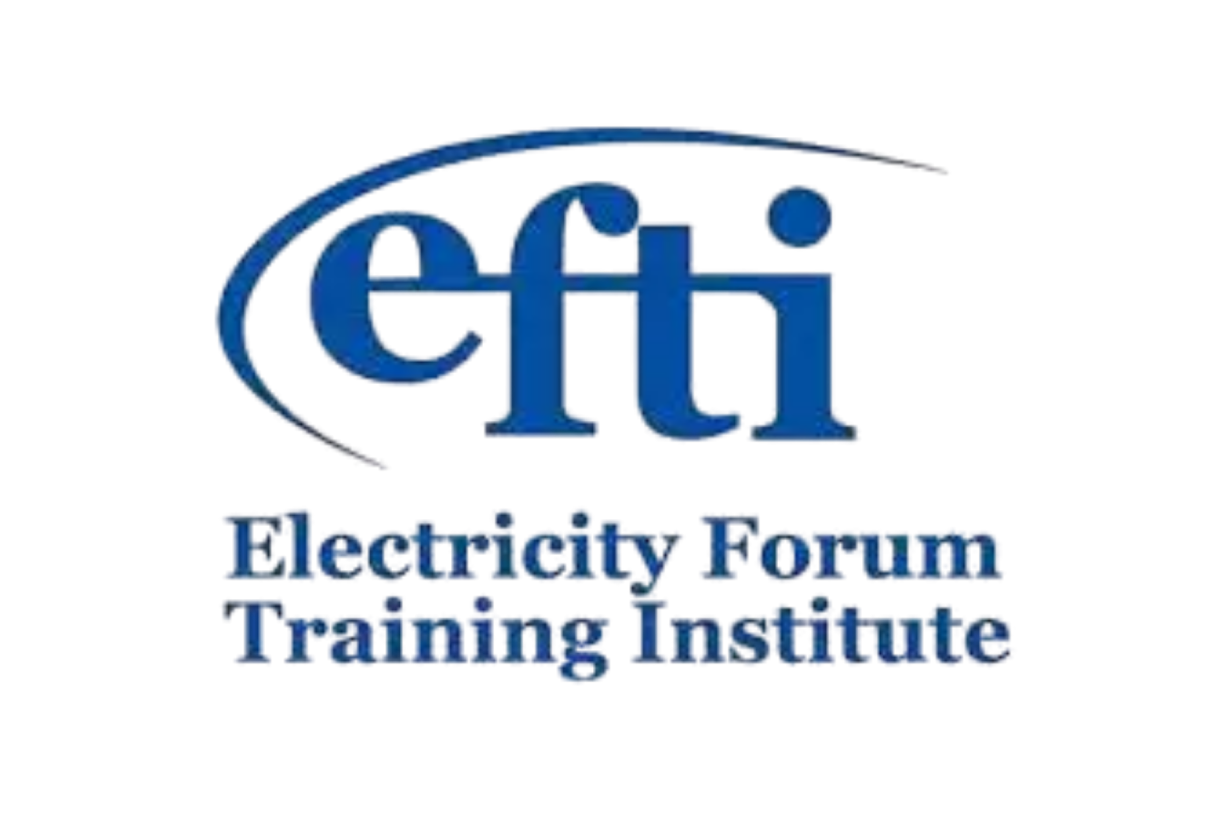Electric Utility Planning Engineers: Those who design and strategize the layout and future developments of electric utilities.
Electrical Engineers: Professionals involved in the design, development, and maintenance of electrical systems and equipment.
Grid Integration Specialists: Experts focused on integrating various energy sources, especially renewables, into the main grid.
Energy Policy Makers: Individuals involved in crafting and implementing energy policies, especially those concerning renewable energy sources.
Renewable Energy Consultants: Those who provide advisory services in the field of renewable energy implementation and grid connection.
Microgrid Developers: Professionals designing and developing smaller, localized energy grids that can operate both independently or in conjunction with the main grid.
Energy Storage Solution Providers: Experts in energy storage technologies like batteries, pumped hydro, and flywheels.
Regulatory Professionals: Individuals from agencies that oversee and regulate power generation, distribution, and grid integration.
Utility Managers and Operators: Those responsible for the daily operations, management, and long-term planning of utilities.
Research and Academic Professionals: Academics and researchers focusing on renewable energy, grid technologies, and related fields.
Project Developers in Renewable Energy: Professionals involved in setting up renewable energy projects like wind farms, solar parks, and more.
Smart Grid Technology Providers: Companies and their representatives offering technologies and solutions for modernizing and making grids "smarter."
Energy Economists: Those analyzing the economics of energy generation, distribution, and consumption.
Stakeholders in Renewable Energy Projects: Investors, landowners, and others with a vested interest in the success of renewable energy projects.
This course provides invaluable insights and knowledge beneficial to a wide spectrum of professionals in the energy sector, particularly those focusing on the modern evolution of the grid with an emphasis on renewables.






